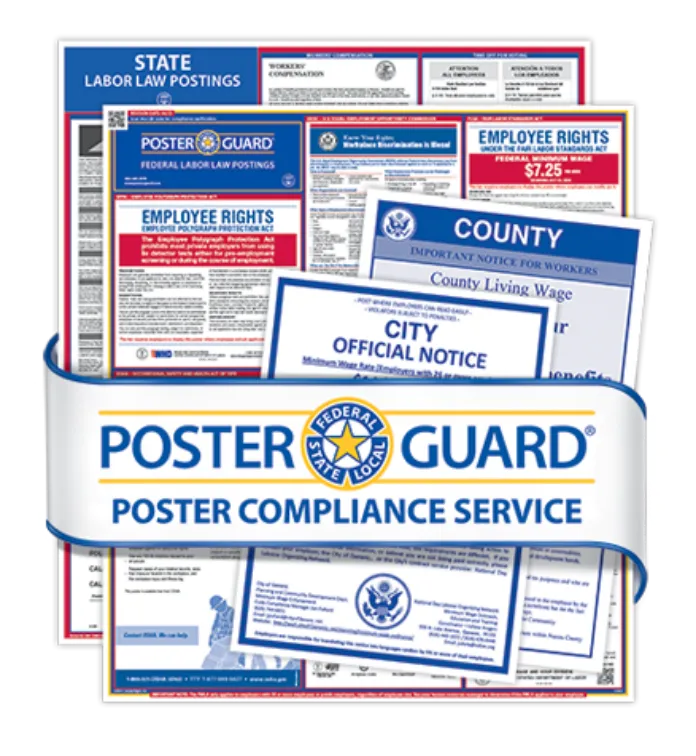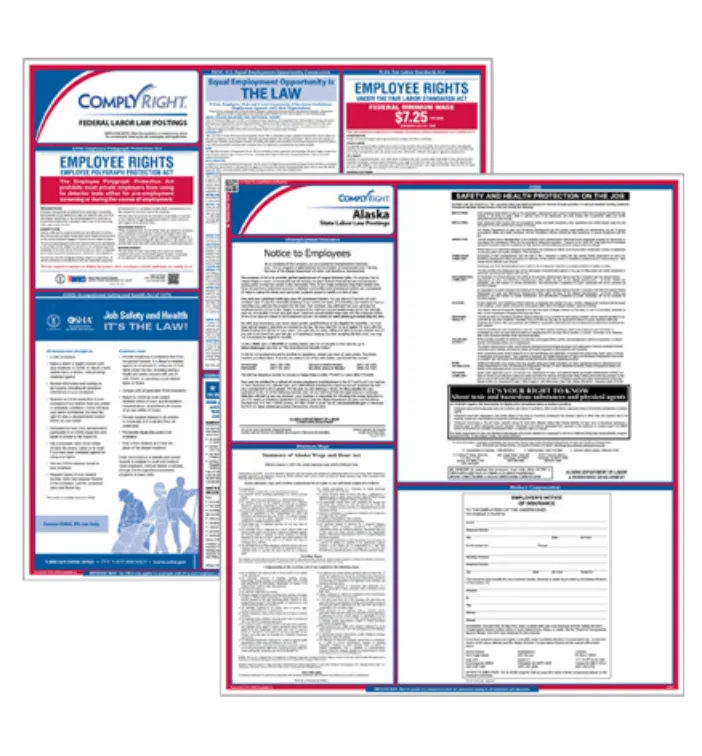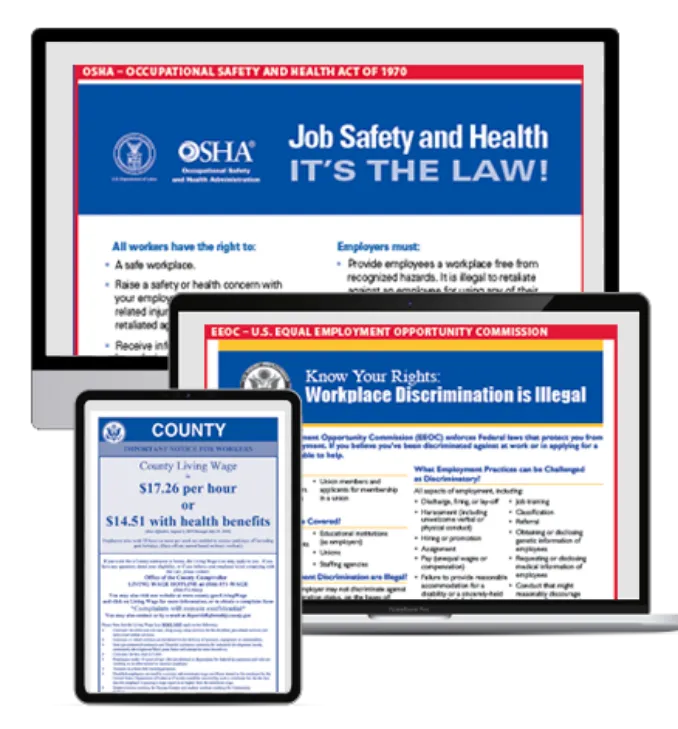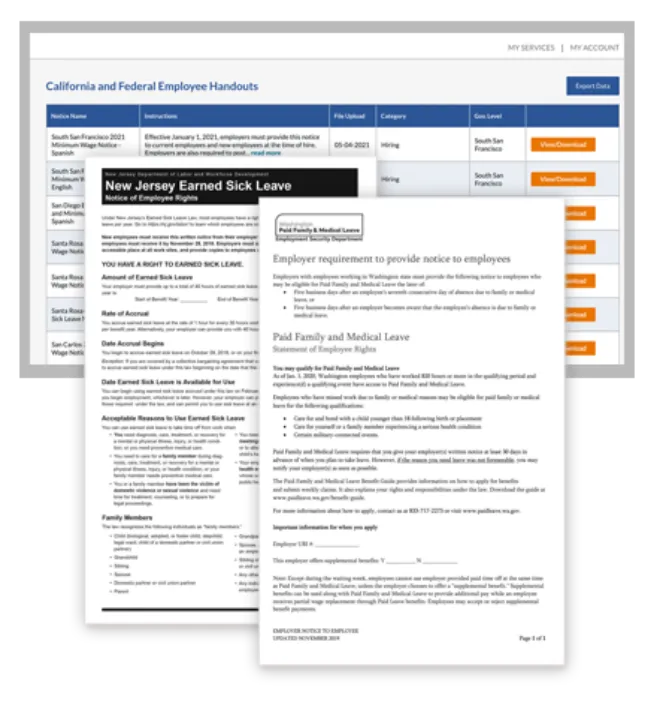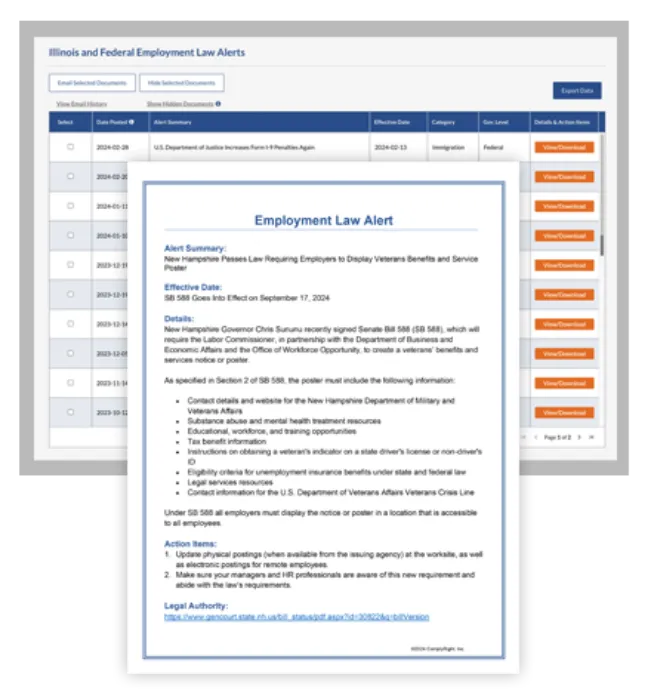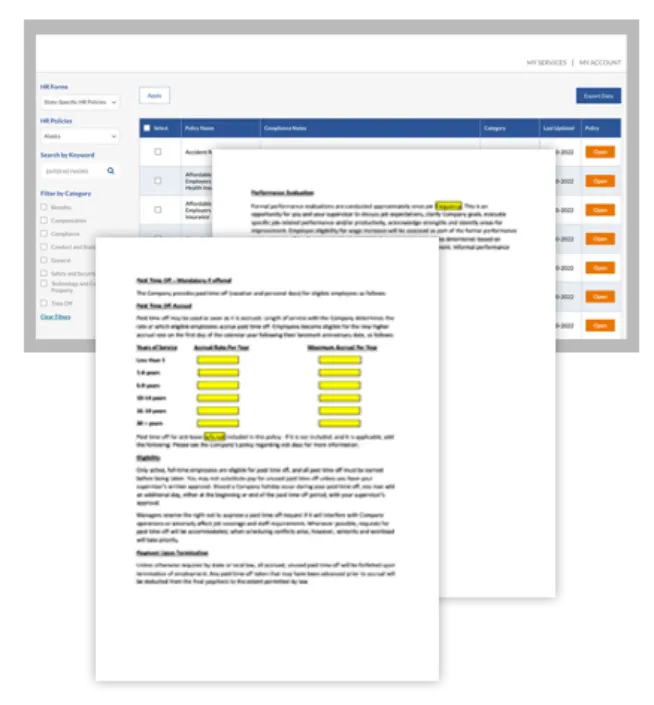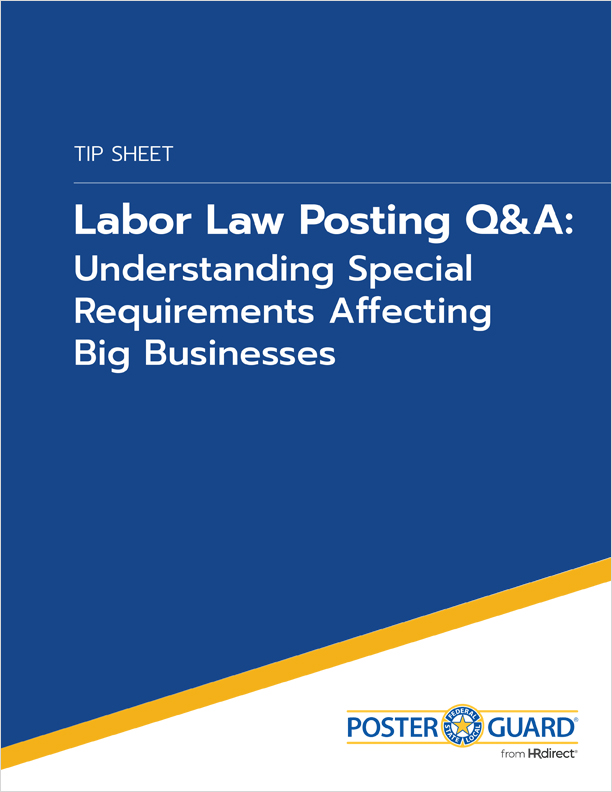Hiring teens for after-school, summer, or part-time jobs can be a great way to build your team — but it also comes with legal responsibilities. The federal Fair Labor Standards Act (FLSA), along with state-specific child labor laws, sets clear guidelines around hiring minors. Violations can be costly and reputationally damaging.
Here’s a breakdown of the latest FLSA minor employment rules, new state developments and how to stay compliant.
Federal Enforcement Heats Up — and Fines Are Higher
The U.S. Department of Labor (DOL) recently increased penalties for child labor violations:
- Standard violations: Up to $16,000 per minor (previously $15,000)
- Willful violations: Depending on the violation, anywhere from $72,876 to $145,752 per incident, with possible jail time for repeat offenders
With federal and state agencies increasing enforcement, especially in retail, hospitality and food service, employers should take a close look at their hiring and training practices.
New State Laws Taking Effect in 2025
Several states have strengthened child labor protections in 2025:
- Michigan updated its child labor law with revised posting requirements in April 2025
- Washington passed a bill to enhance enforcement and tighten oversight of youth employment
- New York amended its law to better protect minors in entertainment and agriculture
- Nevada updated rules for hours, permitted duties and recordkeeping for teen workers
Each of these updates may affect how you manage employees under 18 — including required poster updates and changes to work eligibility.
FLSA Guidelines by Age
Federal child labor rules are designed to protect minors while allowing them to gain work experience. Here are the basics:
- Under 14: Generally not allowed to work, except in family businesses (non-hazardous only) or entertainment
- Age 14–15: Can work limited hours and only in certain non-hazardous jobs
- Up to 3 hours on a school day, 8 hours on a non-school day
- Maximum of 18 hours/week during school, 40 hours/week when school is out
- Permitted hours: 7 a.m. to 7 p.m., extended to 9 p.m. June 1–Labor Day
- Certain lifeguard positions are allowed for certified 15-year-olds only (not 14-year-olds)
- Age 16–17: No limits on hours, but still restricted from hazardous jobs
- Driving is allowed with restrictions — time-sensitive or urgent deliveries are prohibited
By law, employers must maintain records for all minors, including: full name and date of birth, daily and weekly hours worked, job duties and start/stop times, and copies of age or employment certificates. Be sure to return age certificates when a minor’s employment ends — they may need them for future jobs.
Wage Rules for Teen Employees
Teens must be paid at least the federal minimum wage — with one exception:
- Special training wage: Workers under 20 can be paid $4.25/hour for their first 90 consecutive calendar days of employment
- Applies only to their first job with you
- Ends the day they turn 20
- Doesn’t apply if they previously worked for you
After 90 days, standard federal minimum wage applies unless the teen qualifies under special student or vocational exemptions.
Simplify Compliance with Poster Guard® Poster Compliance Service
Poster Guard® Poster Compliance Service makes it easy to stay on top of posting updates — including state changes like Michigan’s 2025 update. With automatic poster replacements and guaranteed legal coverage, you can confidently manage compliance for every location that employs minors.

